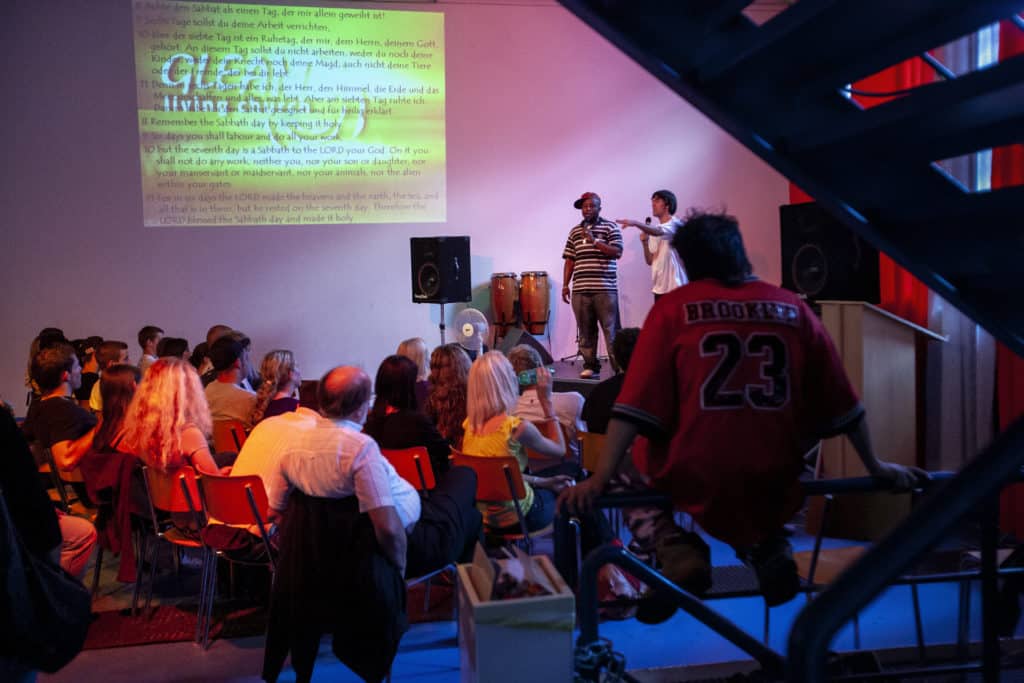Related Articles
We’ve Got to Win the Younger World
Worldwide media, crises, family chaos, and urbanization make youth ministry extremely difficult.
We’ve Got to Win the Younger World
Worldwide media, crises, family chaos, and urbanization make youth ministry extremely difficult.
Diffusion of Youth Ministry
By Anthony J. Gryskiewicz | Ministry to teenagers in continental Europe is less developed than in other parts of the world. While Western and Northern Europe report robust youth participation, youth ministry seems underdeveloped in Central and Eastern Europe. Noting that there are global commonalities to youth ministry and how innovation is diffused, a diffusion model of youth ministry could help global workers and local churches to develop and strengthen ministry to teens in continental Europe.
Possibilities and Perils—A Look at Jewish Missions
The number of Jews who believe in Jesus has grown considerably in the past 20 years. The origin of this growth can, in large part, be traced to the Jesus Movement of the late 1960s and early 1970s.
The Rise of Youth Churches
The United Kingdom, where only ten percent of youth attend church weekly, has recently witnessed a new mission strategy called “Youth Churches.”

